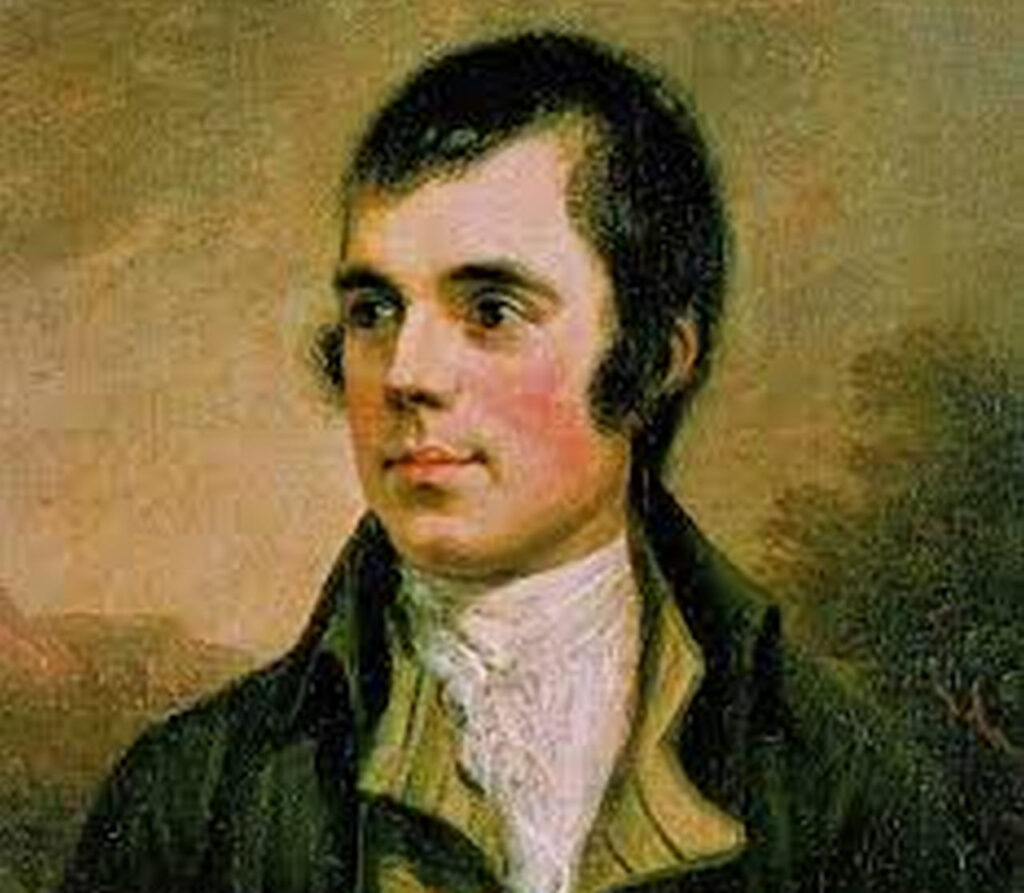Robert Burns, often affectionately known as Rabbie Burns, was truly a poet ahead of his time. His romantic verses, celebrated for their deep emotional resonance, are often compared to the works of Lord Byron. Burns carved out his identity through his craft, and the artistic emotions of his poetry are vividly displayed in many of his romantic works. For instance, in his famous poem “My Love is Like a Red, Red Rose,” Burns beautifully compares his beloved to a rose blooming in June, capturing the essence of love with striking imagery.
Burns was born into a world of farming and ploughing, a life that later led to financial difficulties contributing to his untimely death in 1796. His poetry preserves the charm and tradition of earlier English usage, with a timeless appeal and a distinctive romantic flair. Burns was a true creator of his own world, a world that now feels lost to us.
In his poem “To Mary in Heaven,” Burns expresses the depth of his love for Mary Campbell, revealing the profound impact she had on him. In the realm of Romantic literature, a woman’s beauty often serves as a central theme, and Burns’ exploration of female love immerses him in the enduring legacy of romance. As we reflect on the great poet’s work, we recognize that his departure represents an incalculable loss to literature and to the cause of romantic expression.






